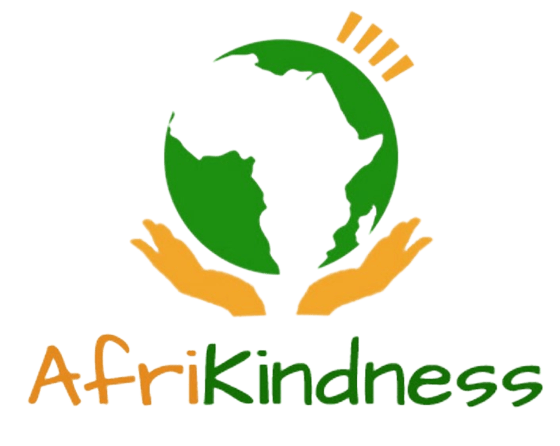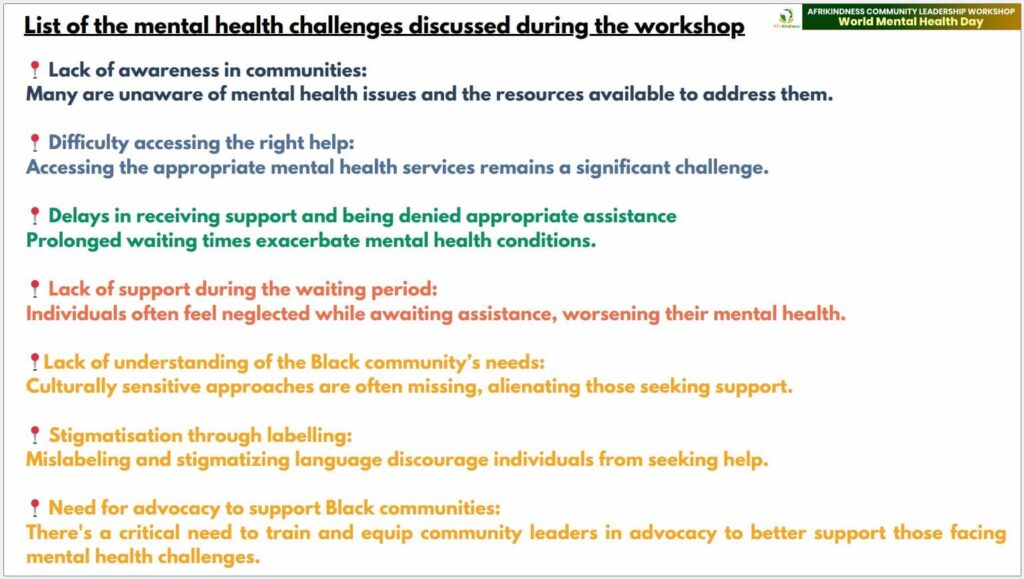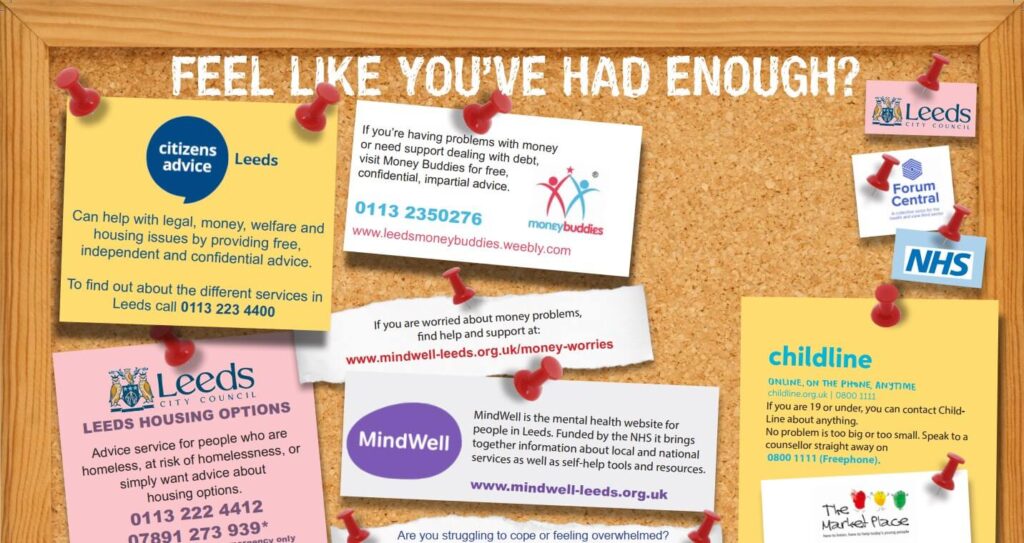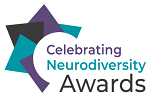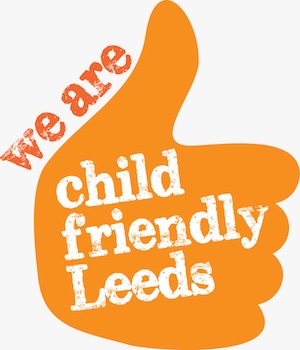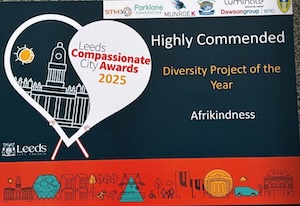< Back to News and Press Page
London, October 15, 2024
Afrikindness Hosts Successful Mental Health Workshop for Community Leaders on World Mental Health Day
In recognition of World Mental Health Day, Afrikindness hosted a successful workshop on Saturday, 12th October 2024, with community leaders, practitioners and parents coming together to address mental health challenges faced by diverse communities, particularly Black communities. The session, which took place in Leeds, was part of Afrikindness’ Community Empowerment Programme, providing a platform for participants to discuss key mental health challenges while fostering connections that can drive lasting change.
Opening Remarks and Summary of #BeThere Certificate Training
The workshop commenced at 10 am with an introductory session led by one of our leaders from Afrikindness’ Community Empowerment Programme, Deaconess Lola Olaniyi Alabi from Winners’ Chapel International Leeds, who provided a summary of lessons learned from the #BeThereCertificate training sponsored by ChangeX. The training aims to equip individuals with the tools to support their friends, family, and communities in mental health matters. The 5-step module encourages:
- Say What You See – Recognizing signs of distress in others, but how do you know if they are struggling.
- Show You Care – Demonstrating empathy and concern. Actions speak louder than words.
- Hear Them Out – Offering a listening ear. Learn to listen and balance the conversation
- Know Your Role – Understanding your limits in providing support. Set boundaries.
- Connect to Help – Guiding individuals toward professional assistance. What if they don’t want help
For more information on this valuable training course, you can visit BeThere Certificate.
Mental Health challenges in communities – Dr Emi Obode
Dr. Emi Obode, a Consultant Psychiatrist, then delivered a compelling presentation on the realities of mental health, focusing on the Black community. She facilitated conversations around the challenges facing individuals when navigating the mental health system, which were discussed in an open forum by the attendees. The issues identified included:
Participants expressed relief in finally having a space to openly discuss these challenges, many of which have kept them silent for far too long. Each of these challenges reflects the urgent need for systemic change and community-driven advocacy.
Bunmi Owolabi, CEO of Afrikindness, assured participants that their concerns would be documented and shared with local councils and key organisations to ensure their voices are heard and action is taken.
Nutrition and Mental Health with Melissa Ngara
The workshop also featured an enlightening session by Melissa Ngara, a Nutritionist, who focused on the link between nutrition and mental health. She highlighted the difference between bad eating habits and eating disorders, noting that the latter could have serious mental health conditions involving abnormal eating behaviours driven by psychological factors such as low self-esteem, anxiety, and more.
She explained, “eating disorders like anorexia nervosa, bulimia nervosa, and avoidant restrictive food intake disorder (ARFID) can be influenced by a combination of genetic, psychological, biological, and environmental factors.”
Participants engaged actively, with many parents sharing personal experiences related to young people and the relationship between food and mental health.
One key takeaway from Melissa Ngara’s session was the recognition that many eating disorders, such as binge eating and bulimia, often go unnoticed in families and communities. ‘’We are frequently unaware of the signs, and as a result, don’t seek the necessary help.’’
The lack of awareness around these disorders can result in long-term challenges, as individuals and families often miss early warning signs and fail to seek appropriate help. This underscores the importance of education and early intervention in addressing the mental health implications tied to disordered eating.
Young People and Mental Health
Pastor Alabi emphasised the mental health challenges young people from diverse communities’ face, particularly those related to racial complexities. He stressed the importance of teaching emotional intelligence and building resilience among young people.
One key question that arose as we concluded the workshop was, “How do we encourage conversations around mental health in communities to break down stereotypes and misconceptions?”
This is a critical question for community leaders to address as we move forward in fostering open dialogues on mental health.
Community Feedback
Several participants expressed their gratitude for the workshop:
- “This was the first time I felt my experiences were validated. It’s a huge relief to know I’m not alone. Please email all supported agencies where support can be got” – Parent
- “I have a lot to take away from this session and I will challenge myself to have a conversation with other leaders in our community to embrace the awareness of mental health.” – Community Leader
- “The session on nutrition was eye-opening. I never realised how much food affects our mental health.” – Workshop Participant
“The speakers really complimented each other. We would benefit from having more of these workshops and conversations in our communities.” – Parent attendee
Afrikindness’ Next Steps to Address Mental Health in Diverse Communities
Following the successful mental health workshop, Afrikindness is committed to taking actionable steps to continue addressing mental health challenges in African and faith communities. Here is a detailed plan of the actions we will be taking:
- Continuing Conversations in Communities and Online
We will keep these important conversations going both in our local communities and on our online platforms. These discussions are crucial for raising awareness and fostering understanding around mental health. To stay updated and involved, please follow us on social media, where we’ll announce upcoming sessions and share valuable resources. Look out for our next session! - Kickstarting a Leaders Forum in Communities
We are launching a Leaders Forum to continue mental health discussions in local communities. We will work closely with leaders from African and faith communities to bring these conversations to the grassroots level. If you are a community leader and would like to organise sessions for parents in your community, we’d love to hear from you! Please reach out to us via email at info@afrikindness.org to arrange sessions tailored to your community’s needs. - Engaging Partner Organisations to Address Gaps
We will be actively engaging with our partner organisations, including ForumCentral, Mindwell Leeds, Young Minds, and other mental health organisations, to address the issues and gaps identified during the workshop. Our goal is to facilitate actionable solutions and ensure the concerns raised by our communities are heard. We are also seeking mental health practitioners who are passionate about making a difference. If you are interested in working with us, please contact us at info@afrikindness.org. - Workshops for Young People on Building Resilience and Emotional Intelligence
As part of our ongoing mission to support mental health in diverse communities, we will be organising workshops for young people. These sessions will focus on building emotional intelligence, resilience, and helping the younger generation navigate mental health challenges. Stay tuned for more details on these workshops — watch this space for updates!
We are dedicated to continuing our work for the public benefit and look forward to collaborating with you all to create lasting impact.
Need Urgent Help?
Please download our crisis card with essential helplines and support services. If you’re in crisis, don’t hesitate—reach out to someone, whether it’s a friend, family member, or a helpline. Talk to someone, share your feelings, and remember you don’t have to face this alone.
Call to Action
While the success of the workshop is worth celebrating, it is critical that we continue the momentum built from this event. The discussion shed light on the need for sustained action from mental health organisations, local councils, and practitioners to address the identified gaps.
We must ensure that mental health services are accessible, responsive, and tailored to the needs of diverse communities, particularly Black communities, who have historically been underserved and misunderstood.
It is essential to break cultural and religious barriers that perpetuate stigma and silence. Leaders within these communities must work alongside professionals to foster environments where mental health issues are openly discussed and addressed.
As we reflect on this year’s World Mental Health Day, let this be the beginning of ongoing efforts to ensure that all voices are heard, and that comprehensive support is provided to families and individuals in need. Together, we can dismantle the barriers that prevent people from seeking help and create a future where mental health is valued and understood by all.
As you read this article, whether you are a parent, leader, professional, or community member—don’t stop here. Take a step now and share this article with a leader in your community. That simple action is the first step toward creating meaningful change.
Let’s ripple our efforts together to support and uplift our communities.
Every conversation matters, and together, we can make a difference.
